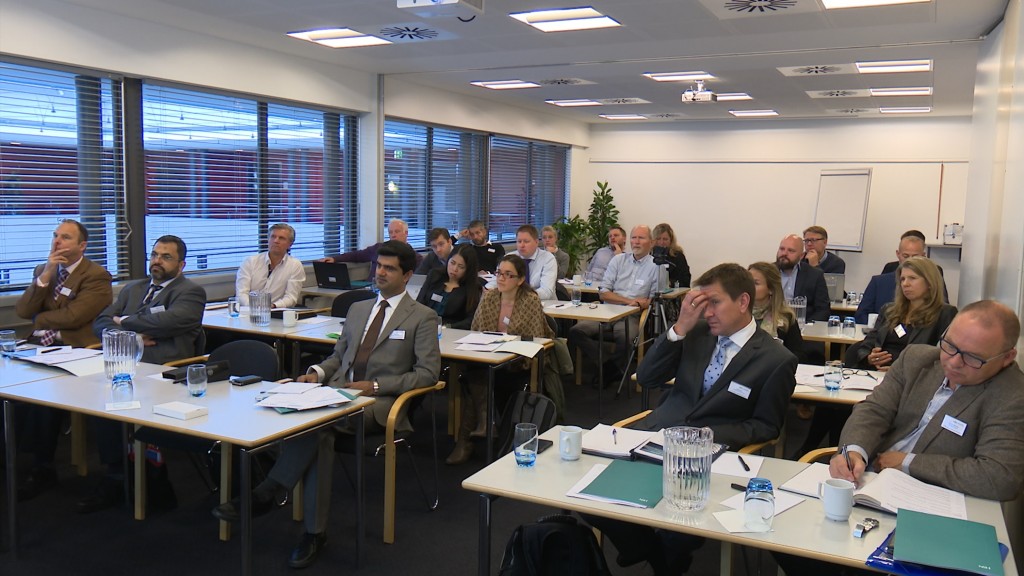4th International Workshop on Training and Assessment
Strengthening Norwegian Maritime Education, Training and Safety with national and international cooperation

An amalgamation of cross disciplines, expertise and cultures resulted in yet another successful (2-days) workshop on training and assessment with the theme “profit vs safety”
Academics and practitioners differ in their approaches towards the balance between safety and monetary benefits, hence, the theme of last workshop was chosen as profits vs safety.
The 4th workshop on training and assessment funded by the MARKOM2020 project was lead by associate professor Salman Nazir in cooperation with admin head Sanda Knutson. Dorte Hostrup Pedersen, Sales Executive at Maersk Training Svendborg has also collaborated in the organization of the workshop.
The diversity of the workshop can be conceived by the variety of speakers and panellist. For instance, prof. Annette Kluge is an expert of Human Factors from Ruhr-Universität Bochum Germany, Dr. Tareq Ahram is leading scientist on Advanced Systems Engineering from Institute for Advanced Systems Engineering (IASE), University of Central Florida and Mr. Arild Røen, Operation Manager, from Kongsberg, Norway were among the invited panelist/speakers.
The gist of their talks can be found here: (click to view / download):
summary-of-last-workshops-salman-nazir
kongsberg-seventeen-to-zero-shared
mahmoud-aastmt-ppt-svendborg-denmark
helmut-blaschke
birgit-marie-liodden-a-futurists-guide-to-crewing-are-we-cyber-ready
iris-acejo-mixed-nationality-crewing-svendborg-october-2016
The first day was focused on keynote speeches from the aforementioned speakers and some engaging discussions among the delegates.
In order to get better understanding on how the training is conducted at state of art level, a visit to training facilities at Maersk training center, Svendborg was organised on the second day of the workshop. The visit was initiated by an introductory talk by Adam Dawson Senior Consultant and was followed by demonstration of various simulators e.g., Bridge simulator, engine room simulator and drill rig simulator. Some of the images taken during the simulator visit can be found in the TARG gallery.
The most interesting part of the workshop was the final discussion with the help of selected panel. All of the participants, speakers and panellist actively participated in stimulating discussions and brain storming session. Collaboration and cooperation among industry and academics happened to be the most agreeing point among all delegates. Some of the main findings in terms of generation of ideas and solutions are summarized below
- Development of a tool which can be used benchmark for training and assessment (in cooperation with practitioners)
- Preparing for the future: real-time data analysis, find ways to gather and analyse data in real time.
- Use of advanced assessment algorithms to evaluate performance.
- Use of human behaviour models is necessary to evaluate training and performance.
- Training of multi-cultural crews is necessary to ensure efficient operations and can even be more efficient than mono-cultural crews.
- The research on training and assessment have potential collaboration interests among European countries, American and Arab countries.
- Other high stake industries such as aviation have used simulator training and states its usefulness.
- Virtual Reality equipment have much potential for training and assessment in the maritime domain.
A short video compiled during the workshop can be found here (click to start movie): targ_workshop4_movie